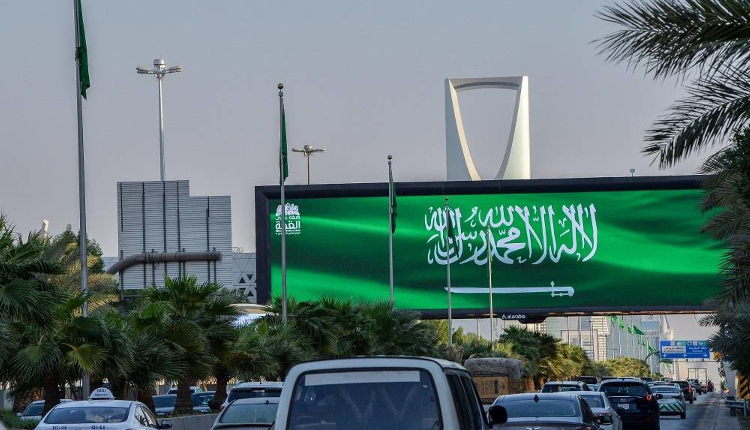Saudi non-oil activity grows at slowest pace since ’22 – PMI
The non-oil business activity in Saudi Arabia expanded at its weakest pace in 2 1/2 years in June, a recent survey showed on Wednesday. Despite signs of softening demand, companies escalated output levels to bolster sales and project initiatives. Growth in new order intakes reached its lowest point in nearly two-and-a-half years.
Non-oil businesses also exhibited caution in input purchases, with the slowest rise observed in almost three years. This strategic approach aimed to manage recent stockpile surges. Simultaneously, job creation growth eased compared to May. Reports indicated that offering discounts to customers impacted overall selling prices, hindering efforts to pass on input cost increases.
The seasonally adjusted Riyad Bank Saudi Arabia Purchasing Managers’ Index™ (PMI) serves as the headline figure. Comprising five indices—New Orders (30 per cent), Output (25 per cent), Employment (20 per cent), Suppliers’ Delivery Times (15 per cent), and Stocks of Purchases (10 per cent)—the PMI provides a comprehensive view. The Suppliers’ Delivery Times Index is inverted for comparability.
Despite the PMI remaining above the neutral mark at 55.0 (down from 56.4 in May), it recorded the lowest level since January 2022. The decline primarily resulted from a weaker upturn in new order volumes. Some non-oil companies reported stronger demand, while others signaled market softening. Export sales provided a boost to overall new order books, achieving the fastest growth in 2024.
Non-oil businesses maintained considerable activity growth, supported by existing order books. This expansion led to reduced backlog volumes. Staffing numbers also increased, albeit modestly, as companies navigated wage pressures. Meanwhile, inventory growth slowed, resulting in a tempered rise in input purchases.
Despite rising input costs, businesses managed to keep charge inflation marginal by offsetting it with discounts. Wages, materials, and technology expenses contributed to price pressures. Looking ahead, optimism remains, although output expectations are cautious compared to historical standards.
Naif Al-Ghaith, Chief Economist at Riyad Bank, emphasised that the Purchasing Managers’ Index (PMI) for the non-oil economy stood at 55.0 in June—the slowest expansion pace since January 2022. The new orders component declined compared to the previous month.
“Despite this slowdown, the growth in non-oil sectors was supported by a strong increase in output levels. Employment numbers also rose, while suppliers’ delivery times continued to improve.” Al-Ghaith noted.
“Looking at the second quarter as a whole, the growth figures for Q2 still indicate a positive outlook for non-oil GDP in Saudi Arabia, with expectations of growth exceeding 3 per cent. The overall performance of non-oil sectors throughout the quarter continues to drive economic growth and diversification efforts in the country. The high output levels, stable supply chains, and moderate job creation point towards a resilient and expanding non-oil economy.”
Attribution: Riyad Bank, S&P Global PMI


